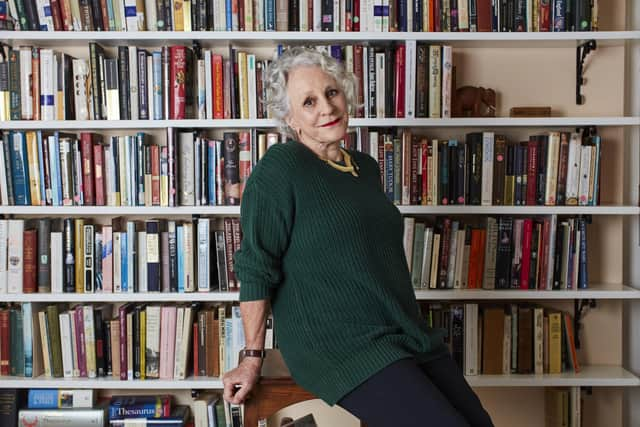Chichester Festival Theatre - "a woman condemned to obscurity by a history skewed towards men"
and live on Freeview channel 276
Philippa wrote the novel which was released in 2001; there have since been two films; now comes Mike Poulton’s stage adaptation, the opening play in the Chichester Festival Theatre season (April 19-May 11).
“I was going to do a book about Tudor pirates,” Philippa recalls. “I knew that there were women pirates in the Tudor era. I was looking up about it all and I found a manifest from a merchant ship that was called the Mary Boleyn. I thought that was odd. I knew about Anne Boleyn and about Elizabeth, her mother and I thought why would there be a ship named after Mary Boleyn and so I looked it up.”
Advertisement
Hide AdAdvertisement
Hide AdAnd it turned out that she was Henry VIII’s mistress before her sister became his mistress and queen: “And I just thought what an incredible story. She was someone that no one knew about but someone who now historically does have a presence because of a historical novel... mine. There are three or four biographies which have all come after my novel. And the reason she was obscure is partly because all women are obscure. Historical women would need to be extraordinary in terms of status or criminal behaviour to be recorded. The historical records are absolutely skewed towards observing men. There are these extraordinary stories of so many women but they just didn't get recorded in the same way and just didn't get pulled out of history in the same way. Mary's obscurity was entirely typical.”


But so much makes her remarkable: “It was her position in the royal court first of all as a very young lady married to a courtier and then becoming Henry's mistress and then Henry losing interest. But then what she does is really extraordinary. She leaves the court and marries a relatively poor man for love and lives away from the court and only comes back to court when her sister absolutely demands her attention.”
As for the kind of woman she was, as Philippa says, this is where history stops and historical fiction starts: “People didn't bother recording birthdays or anything really very much about women.” And yet one letter survives which Mary wrote in which she talks of marrying for love and defends the idea of marrying for love…
Philippa’s novel The Other Boleyn Girl came out in 2001 and has since spawned two separate films, the second in 2008 starring Scarlett Johansson as Mary and Natalie Portman as Anne. A reason for its success is possibly “that everybody knows the Tudors and is secure with fiction about that because it is not completely foreign territory. Everybody likes a story about female rivalry and this story is about sexual rivalry as well. It is something that modern women can understand as well as seeing it in a historical context.”
Advertisement
Hide AdAdvertisement
Hide AdPhilippa has loved working on the adaptation with Mike Poulton: “Over the course of writing the script Mike and I have become firm friends. He has taught me so much about how to do a good adaptation and the role of a good adapter. I've been reading the script from the earliest times and then I went on a research and development day with him and talked to the cast about the history. It has been fascinating.”